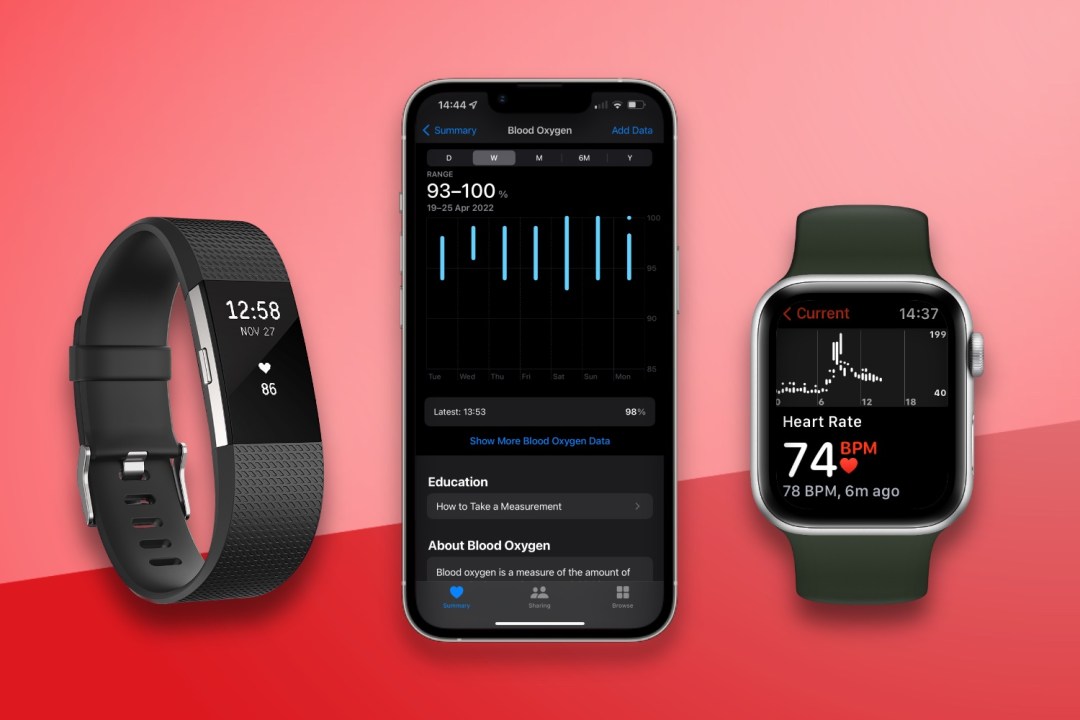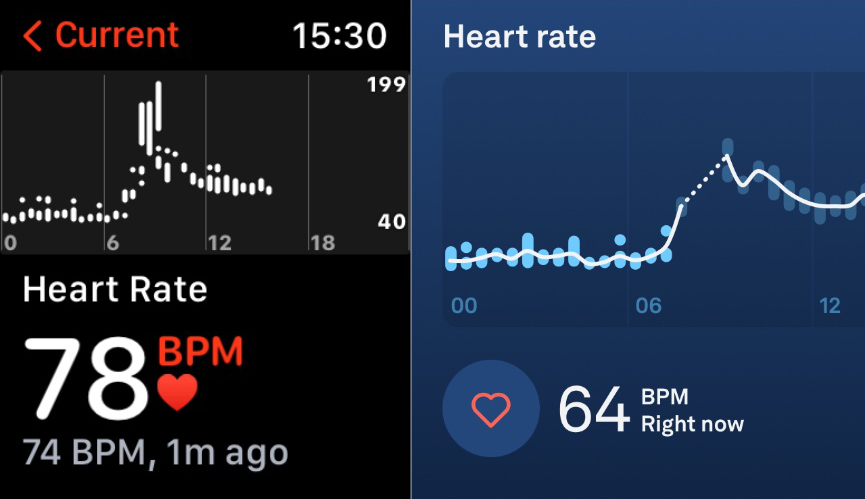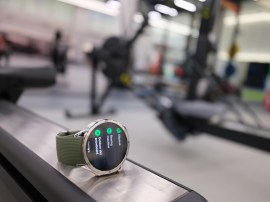Blinded by the numbers: Is there such a thing as too much fitness tracking?
It's number-geddon with all these fitness trackers

Health tracking is everywhere now. Your watch, phone, and even more specialist gadgets. It’s easier than ever to collect data on yourself and your performance during fitness training.
And it’s pretty accurate, too. Between an Oura ring, Apple Watch, and old Fitbit on hand, my daily step count was within 200 steps on all three devices. Comparing the ring and watch to an NHS-approved blood pressure monitor, my heart rate was always correct within around 2bpm.
So, we know we’ve got data (lots of it, too), and that it’s accurate. What now?
Too many numbers!
If you’ve ever touched the Health app on your iPhone or downloaded Google Fit on your Android, you probably set up some arbitrary health tracking without even realising it. Both apps can track your steps, distance walked, and how long for, just in the background of your phone. Apple’s app can even let you know your walking steadiness! Without even making a conscious effort, you’re already starting to collect basic fitness tracking information.

Throw on an Apple Watch, Fitbit, Garmin, or such other, and you open yourself up to a world of even more data. Heart rate, respiratory rate, ECG, blood oxygen, sleep tracking, and more, all from a watch.
Into tracking your sleep? Mattress covers, apps, and smart rings collect this info for you, including your sleep stages, breathing rate, and more. Some can even track your heart rate at the same time!
Use MyFitnessPal or an alternative? You can see the exact amount of protein, vitamins, fibre, caffeine, alcohol, and more going into your body. That’s provided you tell the truth, of course (just because you don’t log it, doesn’t mean you didn’t eat it). And a handy set of smart scales can track your weight, body fat, and more to see what effect those calories have.
Getting fitness tracking data can certainly be hugely beneficial. The users of these products have recalled training better, reaching goals faster, and overall being healthier thanks to the data they can gather. But at what point does tracking these numbers become obsessive, dare I say, unhealthy? You could easily spend as much time looking at these numbers as you do in the gym, which can’t be effective.

And if you’re using multiple fitness trackers, which one do you listen to? As we saw earlier, different devices can have variances between the data they gather. Is my Apple Watch right, or the Fitbit? When different data sources are telling you different things, it can be hard to get an accurate representation of the data. And that kind of defeats the whole purpose.
What’s the way forward for fitness tracking?
Fitness tracking and the data you gather really comes down to personal choice. You could be using every number to better your performance, or even giving it to a trainer who knows what they’re doing. Likewise, you could be ignoring the data, getting confused, or even getting disappointed when certain numbers are lower (or higher) than you’d like.
For most people, use fitness trackers as you would a kitchen timer, as an aid, not to get the job done. The data you gather can undoubtedly be useful, but you want to avoid running into any of the pitfalls. Fitness is about you, not the numbers. No matter how many sit-ups you do, the number “2” isn’t getting any slimmer.


